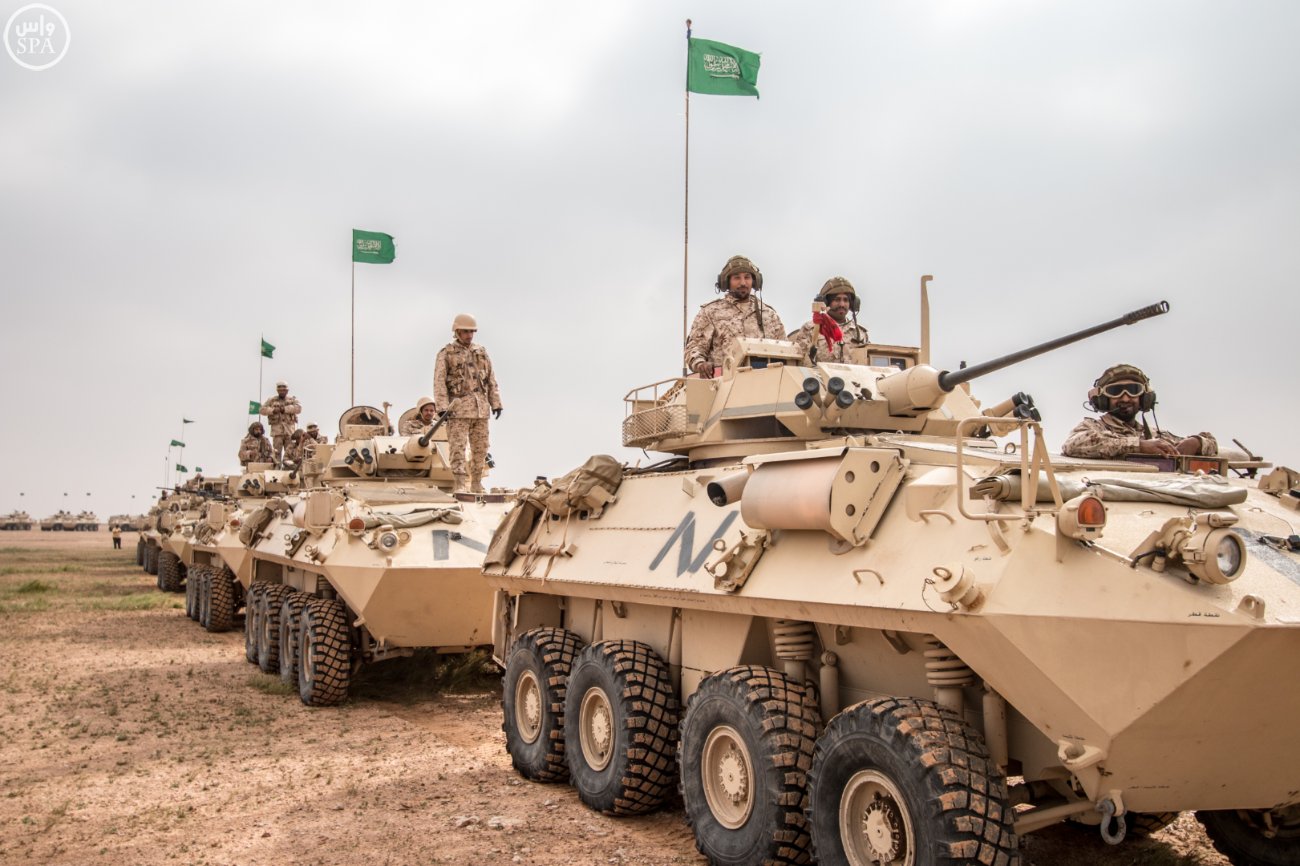Saudi Arabia will honor its contracts with French defense companies for $3 billion in arms previously bound for Lebanon as military aid, but will keep the equipment for its own army, foreign minister Adel Al-Jubeir said.
Saudi Arabia recently withdrew its promise of $3 billion in military aid and $1 billion for security services over what it sees as increasing Hezbollah influence in the Lebanese government. The funds were intended to enhance the capabilities of the Lebanese Army, which is seen by some as inferior to Hezbollah.
“We didn’t stop the contract. It’s just going to Saudi Arabia, not to Hezbollah,” Saudi Foreign Minister Adel al-Jubeir said at a news conference in Paris.
Lebanon’s refusal to join the Arab League and the Organization of Islamic Cooperation in condemning attacks on Saudi diplomatic missions in Iran in January was one of the last straws in the decline between Saudi-Lebanese relations that led to the decision last month, according to reports. The decision also comes at a time when Saudi Arabia is making cutbacks at home, which Hezbollah has seized upon and said was the real reason for the refusal to send aid.
“We are interested in Lebanon, but we cannot accept Hezbollah’s behavior inside and outside the country. When we see the country is able to manage itself, we will change our policy toward the country,” Saudi Arabia’s Ambassador to the United Nations Abdallah Al-Mouallimi recently said.
The original offer to arm the Lebanese army was made by the late King Abdullah, in a meeting with former Prime Minister Saad Hariri and Lebanese President Michel Suleiman, according to Mohammad Ballout in Al Monitor. After an explanation as to why the Lebanese Army was ill-equipped and could not effectively close the border between Lebanon and Syria and prevent Hezbollah fighters from crossing into the war-torn country, King Abdullah had heard enough. “The king signaled with his hand to the Royal Court Chief Khaled al-Tuwaijri, who was sitting to his left with the rest of the official Saudi delegation, and said to him, ‘Move quickly to provide all support for the arming of the Lebanese army.’”
Hezbollah, a Shia Islamist military group and political party within Lebanon, is backed by Iran. The U.S. designated Hezbollah as a terrorist group in 1997. Saudi Arabia and the GCC classified Hezbollah as a terrorist group just five days ago. Hezbollah fights in neighboring Syria to support the government of President Bashar al-Assad.
Saudi Arabia’s foreign ministry has asked its citizens not to travel to Lebanon, with other Gulf states following suit.
There is widespread concern regarding the impact of Saudi Arabia’s step back from Lebanon.
“Evicting Iran from Lebanon is a bridge too far for Saudi diplomacy,” writes Bruce Riedel in Al-Monitor. “So is defeating Hezbollah, as Israel has proven more than once… Saudi Arabia is right to make Iran and its proxy pay for their acts of terrorism and for failing to protect embassies and diplomats… But Riyadh needs to have a realistic goal in mind. The Middle East does not need yet another broken state.”
Meanwhile, a regularly scheduled League of Arab States (LAS) meeting in Cairo on Thursday “may further exacerbate Lebanon’s ties with Gulf Cooperation Council (GCC) states in general and with Saudi Arabia in particular,” Gulf News reports, as rumors swirl that the LAS “could issue an expulsion warning if Beirut fails to dissuade Hezbollah from its active participation in several regional wars at Iran’s behest.”









